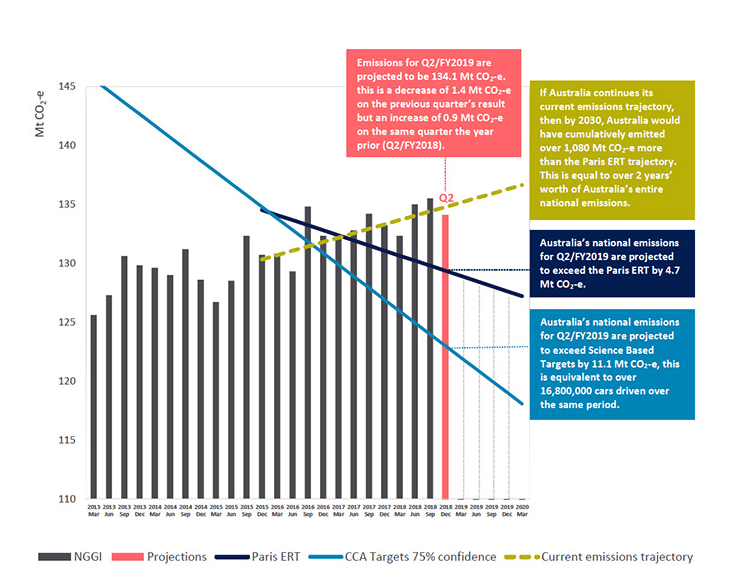Without urgent action to curb global warming, climate change could knock as much as $4 trillion AUD off Australia’s economy by the century’s end, a Climate Council Australia study has warned.
The climate organization’s report — based on Australia's current climate policies — revealed reduced agricultural and labour productivity as a result of severe drought and heat could see 1% of gross domestic product lost each year.
"There are few forces affecting the Australian economy that can match the scale, persistence, and systemic risk associated with climate change,” the report claimed. “Direct macroeconomic shocks from climate change are likely to lead to painful market corrections and could trigger serious financial instability in Australia and the region.”
The economic impact of climate change was reported to be particularly significant for the nation’s property market.
“Acting on climate change would be absolutely peanuts compared to the catastrophic costs of failing to act. This report quantifies that.”
— Climate Council (@climatecouncil) May 9, 2019
The property market is expected to lose $571 billion in value by 2030 due to climate change and extreme weather. https://t.co/mW8KErxi3Fpic.twitter.com/AsR7zmZ9cz
The real estate industry is predicted to lose $571 billion by 2030, with report author Karl Mallon claiming the impacts of climate change will produce larger insurance payments, which, subsequently, will see a loss in a property’s overall worth. If Australia's emissions remain high over the next century, Mallon added, over $226 billion in residential assets will be threatened from sea level rise alone.
"One in every 19 property owners could encounter effectively un-affordable home insurance premiums by 2030,” he announced in a statement. “Low-lying properties near rivers and coastlines are particularly at risk.”

Australia’s emissions in 2018 — excluding from the land use sector — were the highest on record. Carbon specialist organization Ndevr Environmental revealed that if Australia continues on its present emissions path, then by 2030, the nation would have produced 1,080 metric tons of hazardous carbon dioxide (CO2) more than recommended by the Paris climate agreement.
While Australia’s emissions have risen in recent years, the Climate Council stated the dangers enclosed in the report were not unavoidable. The organization revealed the impacts could be averted if future Australian governments implemented “credible climate policies” that focused on reaching net zero emissions before 2050.
In the lead-up to the Australian federal election, the current Liberal government has vowed to reduce carbon emissions by at least 26% by 2030. The opposition Labor government has pledged to reduce emissions by 45% by 2030.